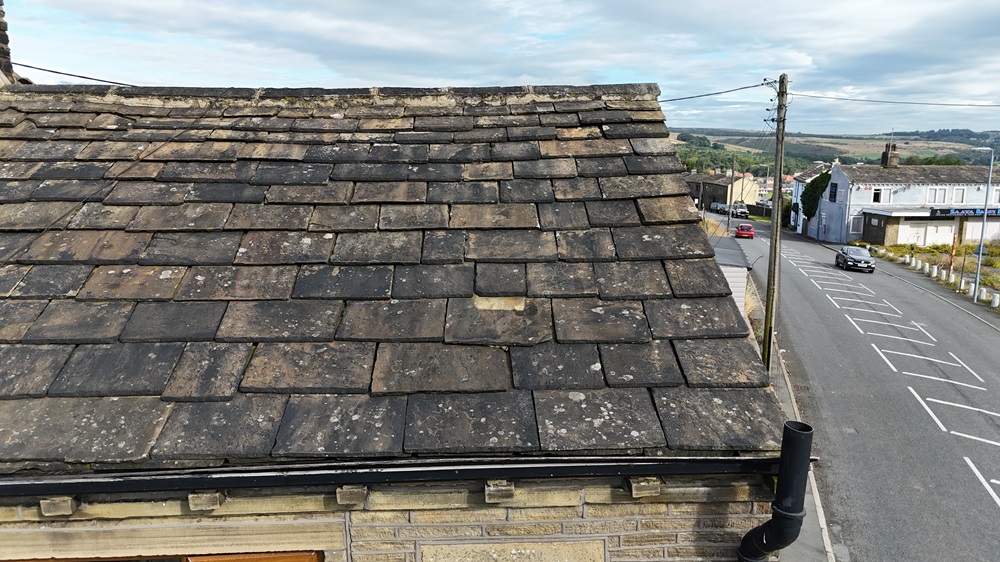Understanding Homebuyers Report
What is a Homebuyer Report? Understanding Its Importance in Your Property Purchase
Buying a home is one of the most significant investments you’ll make in your lifetime. To ensure that you’re making a sound decision, it’s crucial to gather as much information as possible about the property you’re considering. One valuable resource in this process is a Homebuyer Report. This essential document can provide you with insights into the condition of the property and help you avoid costly surprises after the sale.

In this blog, we’ll explore what a Homebuyer Report is, what it includes, and why it’s an important step in the home-buying process.
What is a Homebuyer Report?
A Homebuyer Report, also known as a Homebuyer Survey, is a property assessment conducted by a qualified surveyor. It is specifically designed for prospective buyers of residential properties. This report aims to identify any significant defects or issues that could affect the property’s value or may require immediate attention, providing buyers with crucial information before they finalize their purchase.
The Homebuyer Report is typically suited for properties that are relatively modern and in good condition. If you are considering an older or more complex property, a more detailed Building Survey might be recommended instead.
Key Features of a Homebuyer Report
A Homebuyer Report is structured to offer a clear understanding of the property’s condition. Here’s what you can generally expect to find in the report:
1. Visual Inspection of Key Elements
The surveyor will conduct a visual inspection of the property, examining essential structural components such as:
- Roof: Checking for missing tiles, leaks, or signs of deterioration.
- Walls: Identifying cracks, dampness, or any signs of movement.
- Windows and Doors: Assessing the condition and security of openings.
- Floors and Ceilings: Looking for structural integrity and any signs of damage.
2. Assessment of Significant Defects
One of the main purposes of a Homebuyer Report is to highlight any significant defects that could affect the property’s value or require urgent repairs. This includes:
- Damp Issues: Identifying areas of rising or penetrating damp, which could lead to mold and structural damage.
- Rot: Noting any wet or dry rot in wooden structures, such as floor joists or window frames.
- Subsidence or Settlement: Detecting signs of movement in the foundation that may indicate serious structural issues.
3. Valuation of the Property
The report often includes a professional valuation of the property, providing insight into whether the asking price is reasonable based on the property’s condition and local market conditions.
4. Advice on Repairs and Maintenance
In addition to identifying defects, the report may offer recommendations for repairs and ongoing maintenance. This can help you prioritize any necessary work and budget accordingly.
5. Legal and Safety Considerations
The Homebuyer Report may also include information about any legal issues, such as planning permissions or restrictions affecting the property. Additionally, it may note any safety concerns, such as the presence of hazardous materials or electrical issues.
Why is a Homebuyer Report Important?
1. Informed Decision-Making
A Homebuyer Report empowers you to make informed decisions. By understanding the property’s condition, you can weigh the potential costs of repairs against the purchase price and determine if the home is worth the investment.
2. Negotiating Power
If the report reveals significant issues, you have the opportunity to negotiate with the seller. This could involve asking for repairs to be made before the sale or requesting a reduction in the asking price to reflect the costs of necessary work.
3. Avoiding Future Costs
By identifying potential problems before you complete the purchase, a Homebuyer Report can save you from unexpected expenses after moving in. Addressing issues early can prevent them from escalating into more significant and costly repairs down the line.
4. Peace of Mind
Knowing the condition of the property can give you peace of mind as a buyer. You can proceed with your purchase feeling confident that you’re making a sound investment and that you’re aware of any necessary future maintenance.
When Should You Get a Homebuyer Report?
Ideally, you should arrange for a Homebuyer Report after your offer has been accepted but before you exchange contracts. This allows you to conduct your due diligence and ensures that you have a comprehensive understanding of the property before making a legally binding commitment.
Homebuyers Report - Conclusion
A Homebuyer Report is an essential tool for anyone looking to purchase a home. It provides critical insights into the property’s condition, highlights any significant defects, and helps you make informed decisions throughout the buying process. By investing in a Homebuyer Report, you can protect yourself from unforeseen expenses, enhance your negotiating position, and ultimately enjoy greater peace of mind as you embark on your home-buying journey. Whether you’re a first-time buyer or an experienced homeowner, don’t overlook the value of this important document—it’s a small investment that can save you time, money, and stress in the long run.



